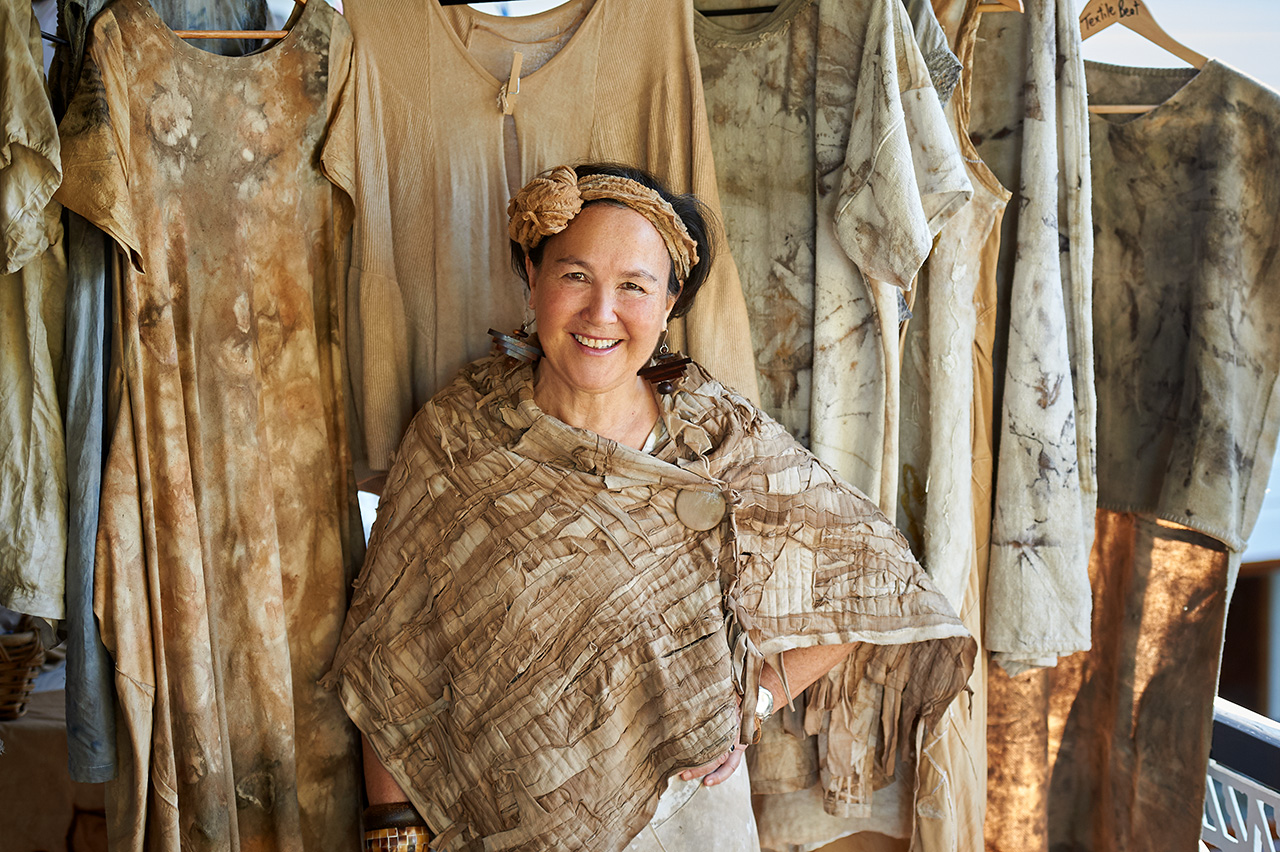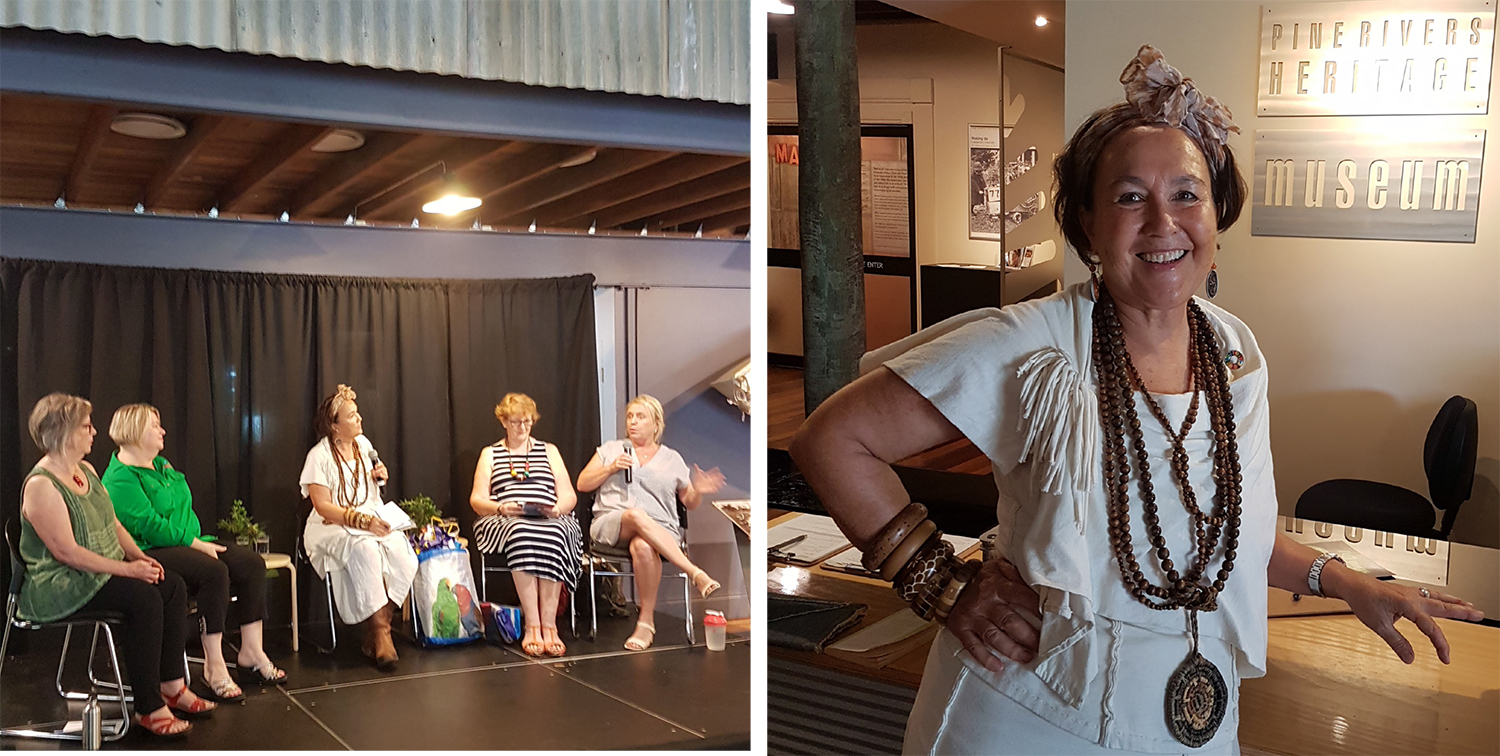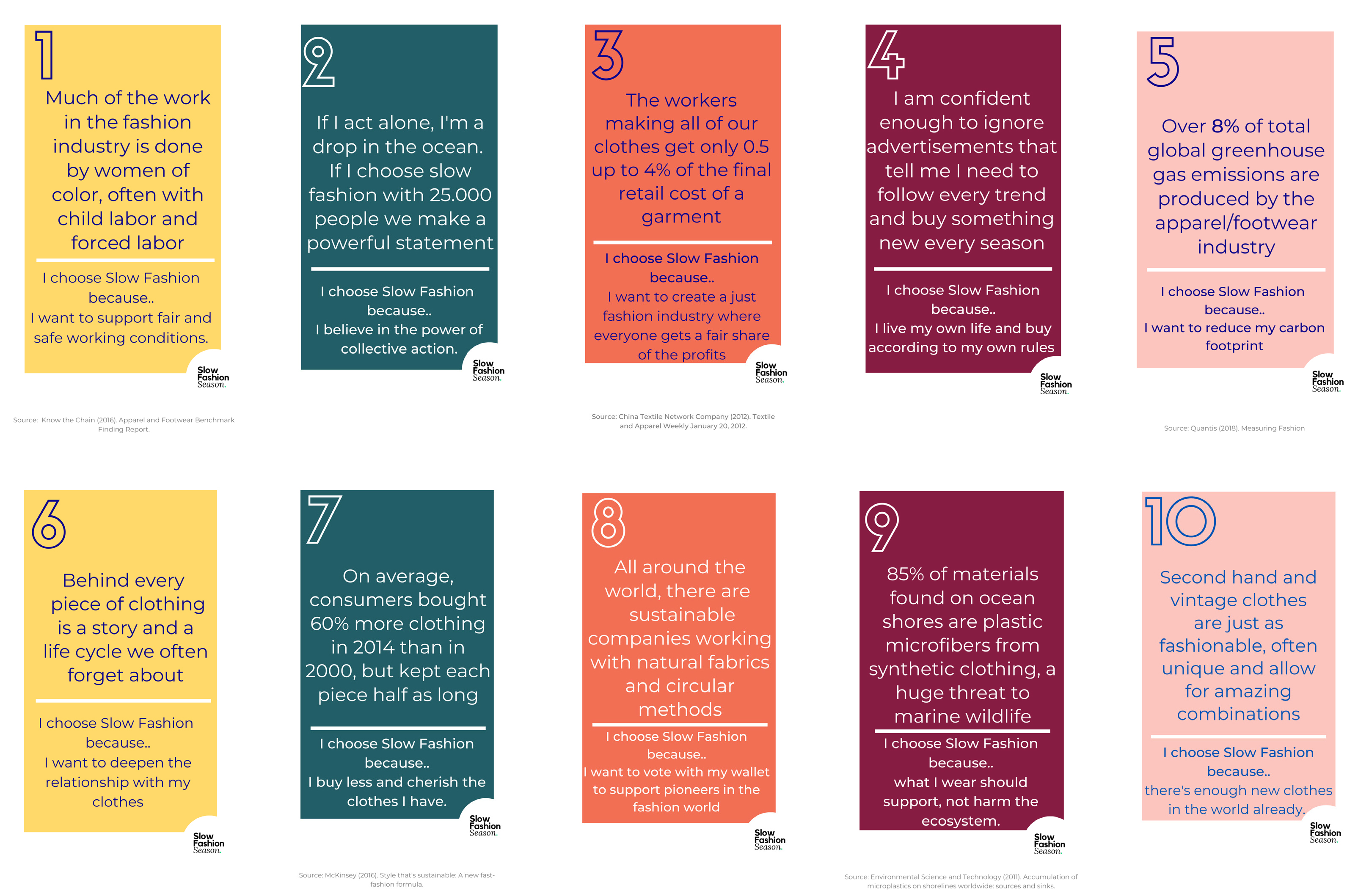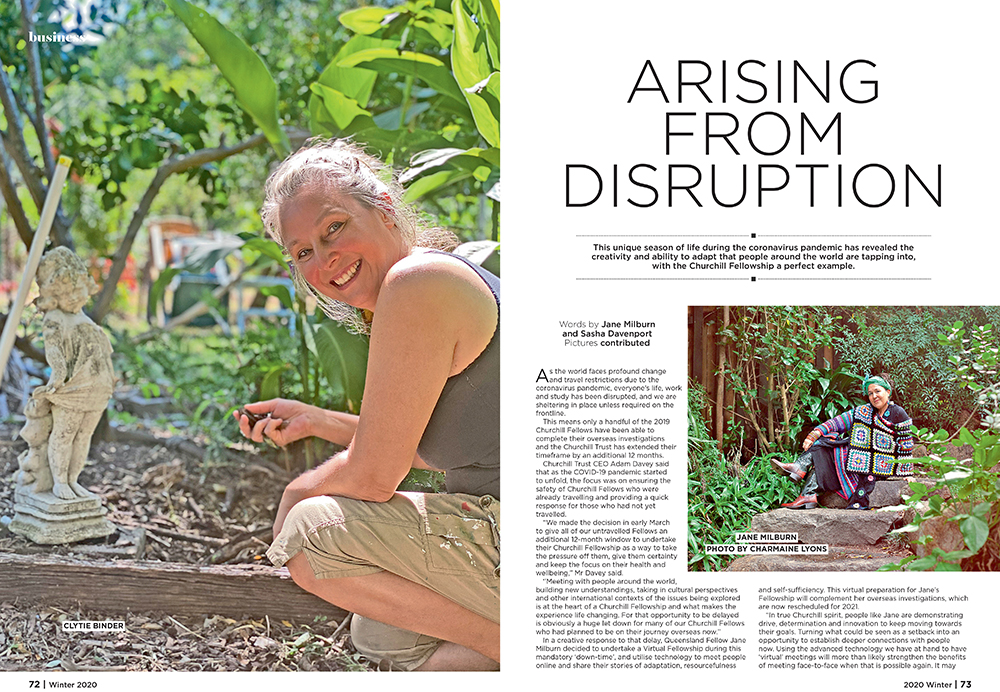Disruption arising from the pandemic reminds us of the need to live thoughtfully in tune with nature, as Jane Milburn reports.
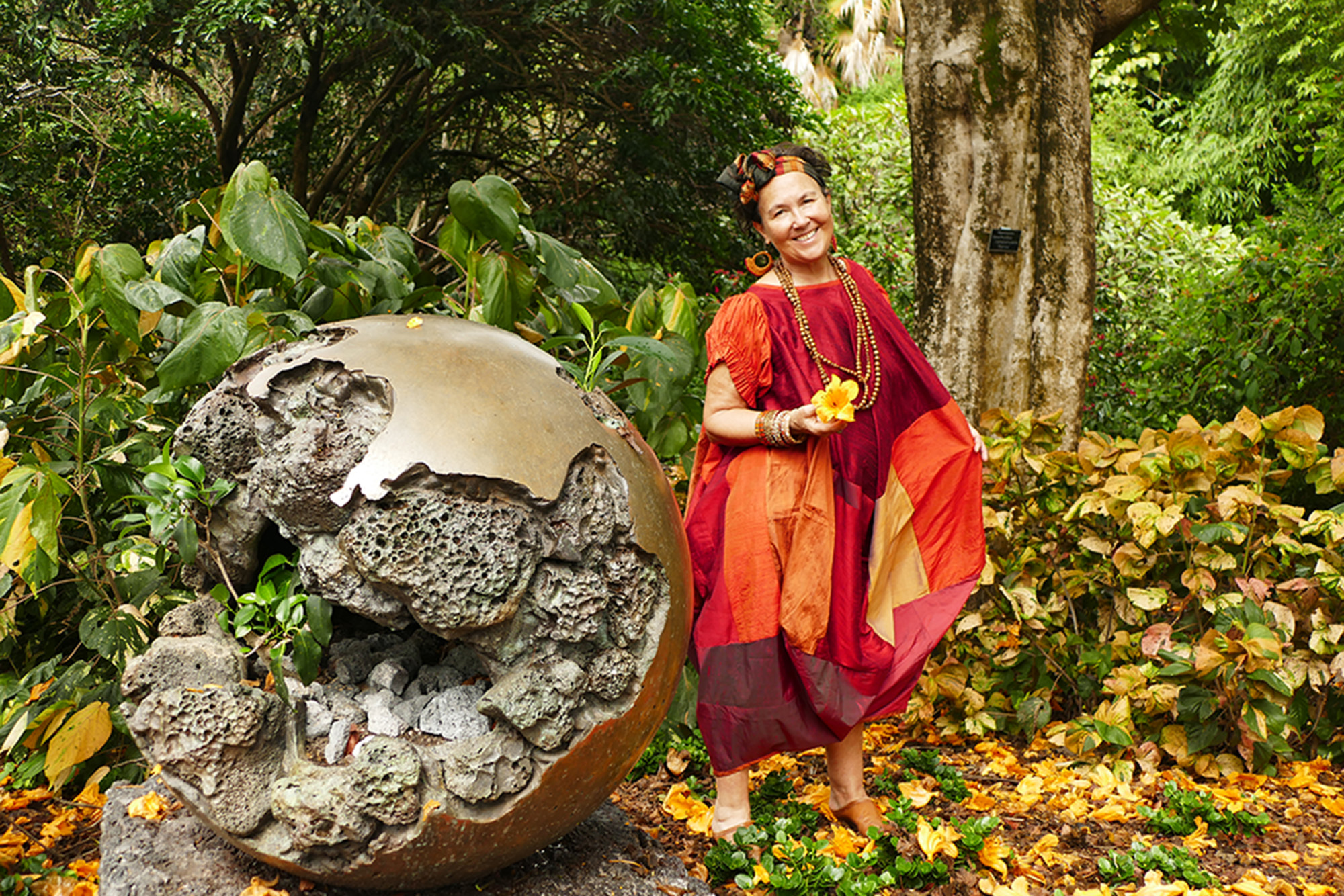
Jane Milburn wears self-made upcycled silk dress. Photo by Robin McConchie at Mt Coot-tha Botanic Gardens.
Sewing arose as a survival skill during the COVID-19 pandemic when global supply chains fractured and locally-made cloth face masks became valuable personal protection equipment. Even New Zealand Prime Minister Jacinda Ardern made her own face covering to help stop the spread of the coronavirus when masks became mandatory on public transport during the Auckland breakout.
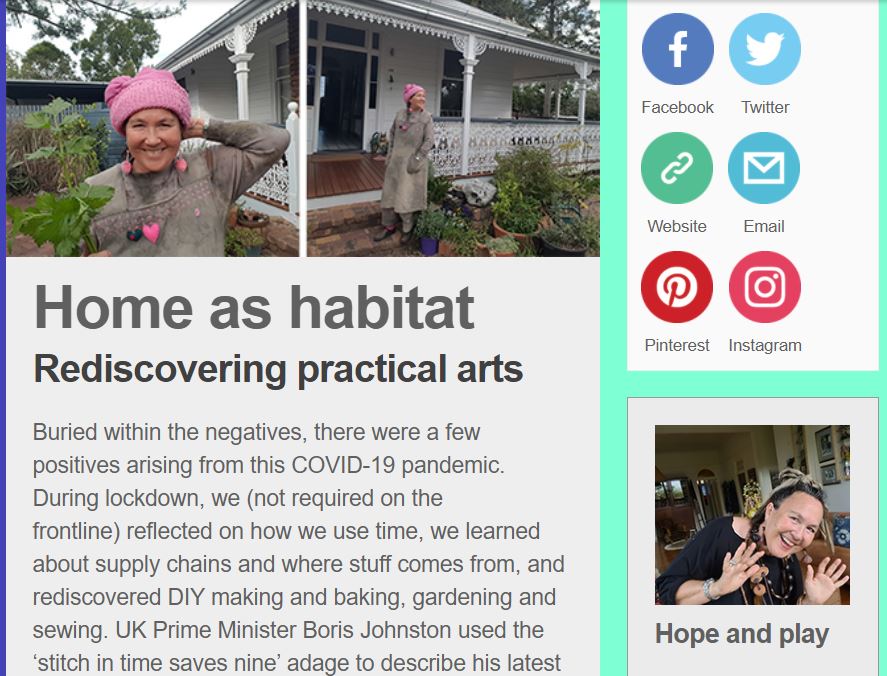
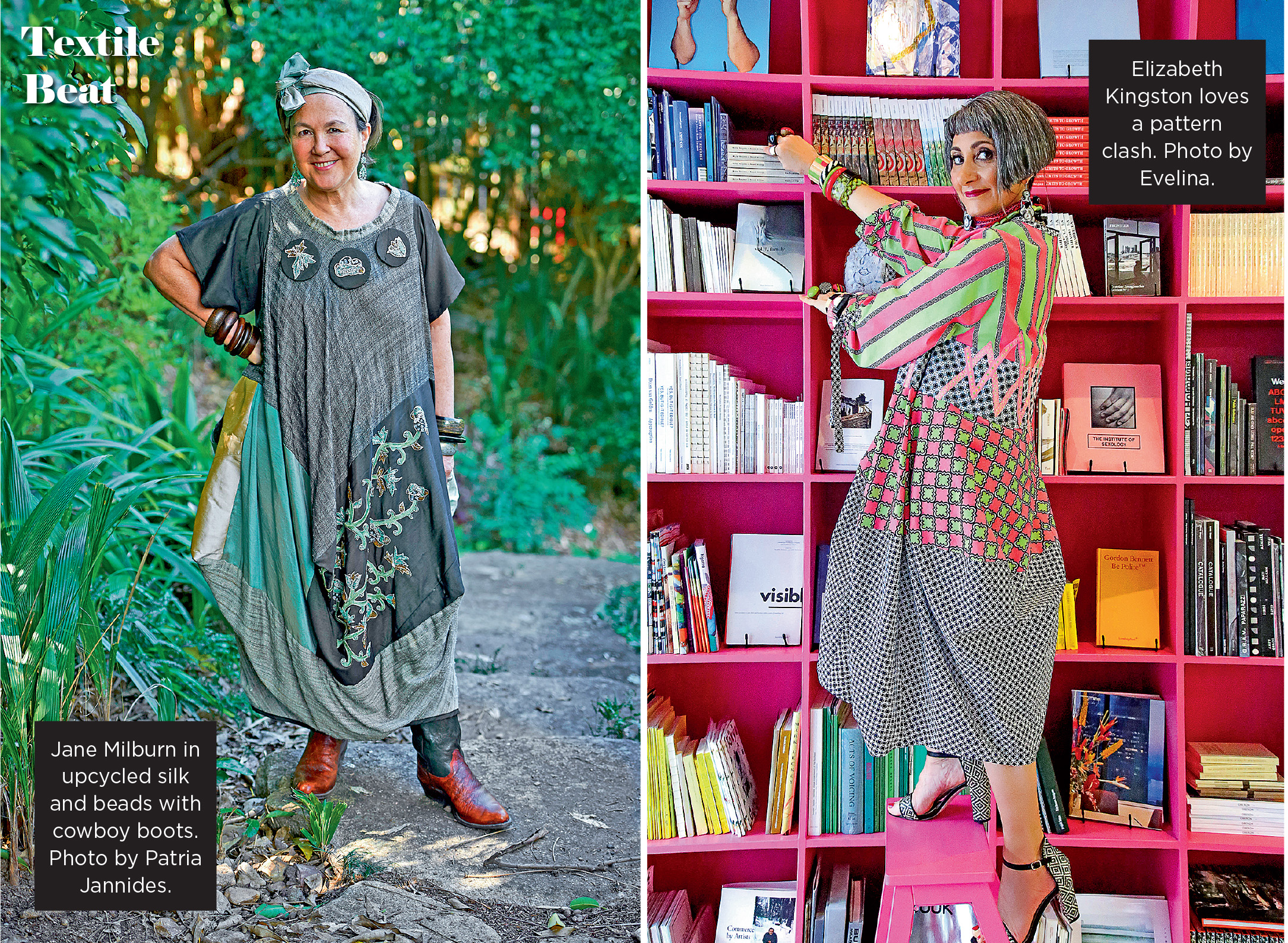
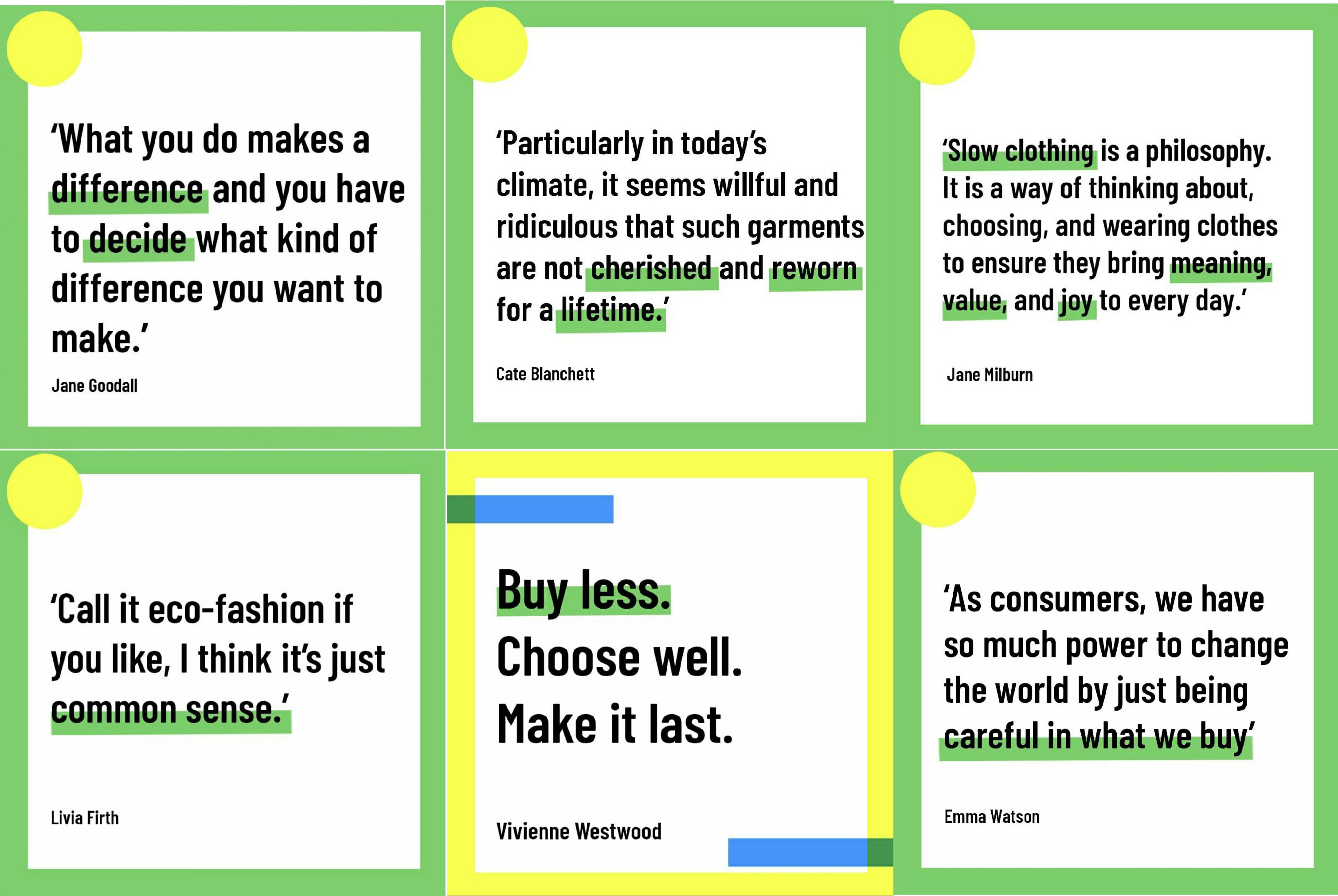 Changing our behaviour is the biggest thing we can do to reduce our energy and resource consumption. Great to see reloving options expanding, with
Changing our behaviour is the biggest thing we can do to reduce our energy and resource consumption. Great to see reloving options expanding, with 